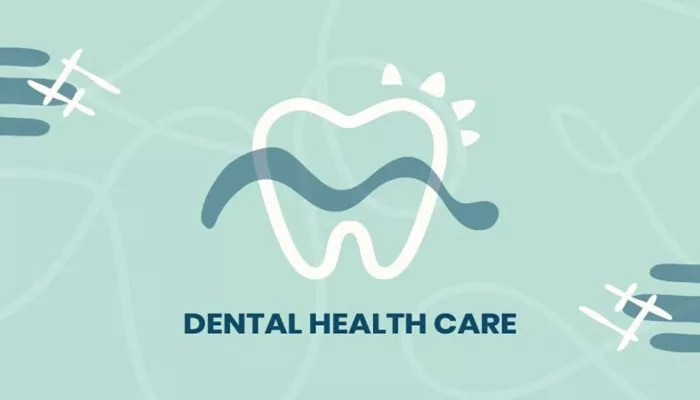Original Medicare traditionally offers limited dental coverage, excluding routine dental care. However, the program does provide coverage for certain medically necessary dental procedures. Last month, the Centers for Medicare & Medicaid Services (CMS) published updated rules for provider payments, including for these limited dental services. In light of this, the Kaiser Family Foundation (KFF) revised its summary of dental coverage in Medicare.
Lack of Access to Dental Care Poses Health And Equity Risks
The absence of comprehensive dental coverage has raised concerns about the impact on health and equity. CMS acknowledged that previous interpretations of the law’s dental coverage provisions were “unnecessarily restrictive” and could contribute to disparities in care.
Historically, CMS applied a narrow interpretation of the law’s exception, limiting dental coverage to a few specific procedures. In 2023, following pressure from patient advocates, healthcare providers, and lawmakers, CMS expanded the scope of dental services eligible for coverage. This shift recognized that the prior policy may have disproportionately affected older adults, who are at high risk for poor oral health. Poor dental health can complicate the management of other medical conditions, worsening overall health outcomes.
CMS further noted that there are additional clinical scenarios where dental services are essential for the success of covered medical treatments.
Expansion of Dental Coverage in 2025
The 2023 update established clearer guidelines for determining when dental services can be covered under Medicare Part A or B. Dental procedures are now eligible for coverage when they are “inextricably linked to, and substantially related and integral to the clinical success of, an otherwise covered medical service.” This rule includes a list of examples with corresponding payment codes, and further updates have been added in the 2024 and 2025 Physician Fee Schedule Final Rules.
A key change set to take effect in 2025 is the inclusion of dental exams and treatments for individuals undergoing Medicare-covered dialysis services for end-stage renal disease (ESRD). This change will ensure equitable access to dental care for ESRD patients, regardless of whether they opt for dialysis or a kidney transplant.
With these changes, the Biden administration continues to gradually expand access to dental care for Medicare beneficiaries, improving both health outcomes and equity for older adults and vulnerable populations.

